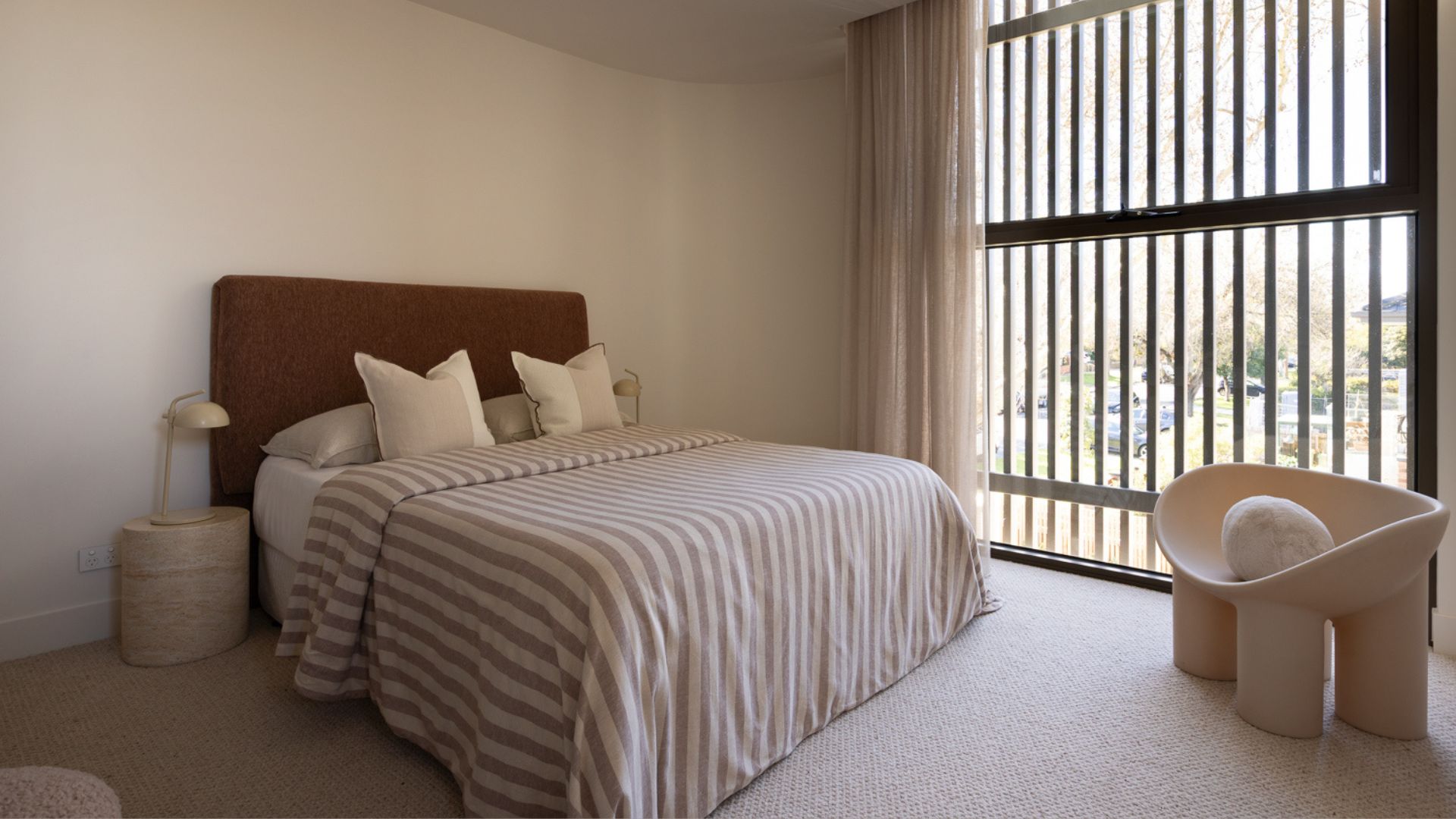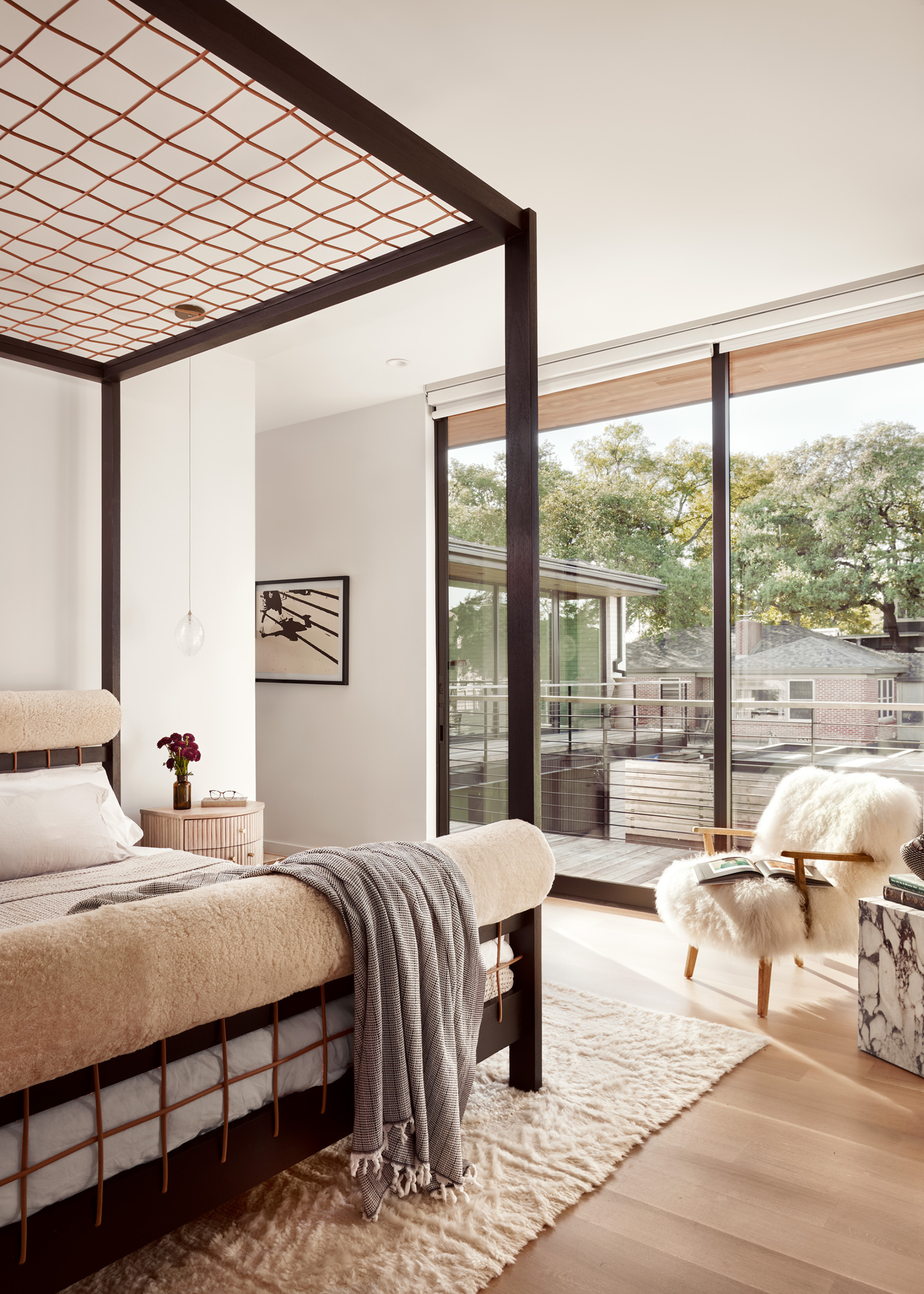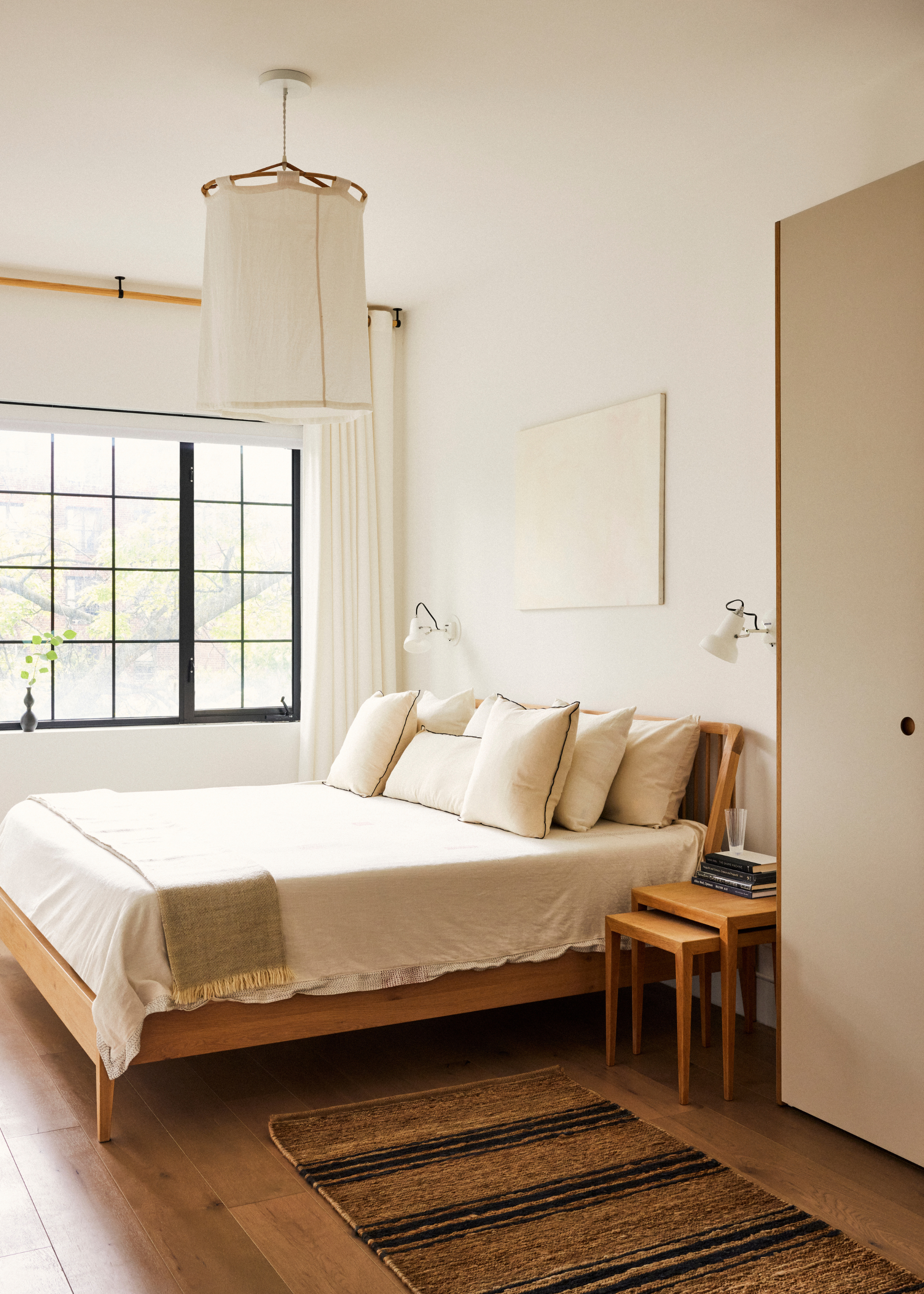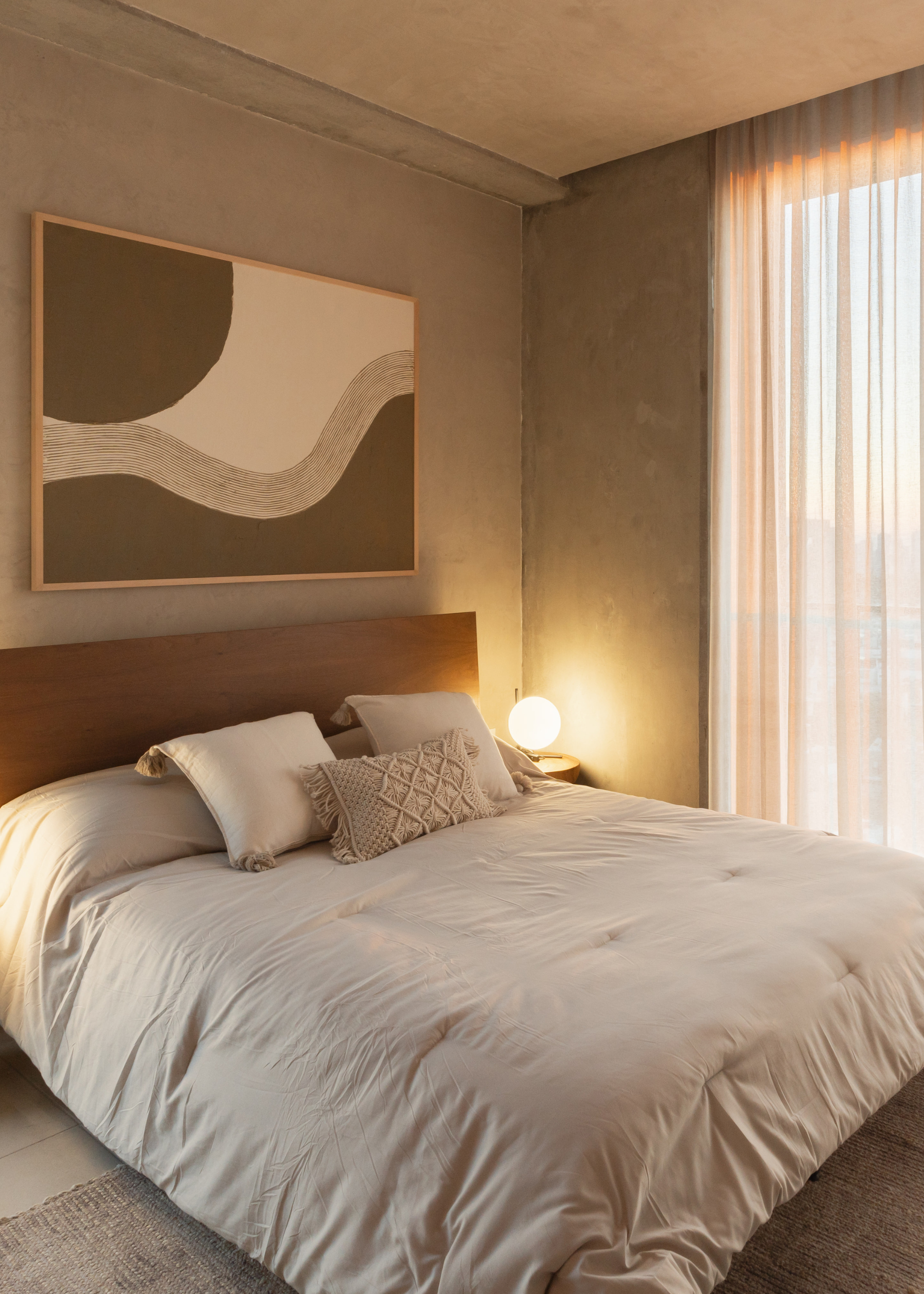How to Fall Asleep in 10, 60, or 120 Seconds — It's Not Always Realistic, But It Can Help You Learn to Easily Quit Wasting Time Wide Awake in Bed
With some practice, these three sleep expert-approved methods could be your answer to late night doomscrolls and early morning yawns


The Livingetc newsletters are your inside source for what’s shaping interiors now - and what’s next. Discover trend forecasts, smart style ideas, and curated shopping inspiration that brings design to life. Subscribe today and stay ahead of the curve.
You are now subscribed
Your newsletter sign-up was successful
I never knew it was even possible for people to fall asleep in under 120 seconds, let alone 60, and 10! As someone who has struggled with drifting off in the past, I have gotten so much better at snoozing soon after my head hits the pillow. But I'm not quite at 10 seconds just yet.
However, after speaking to a couple of certified sleep science coaches, I have come to learn that this isn't such a far-fetched goal. All it takes is motivation to learn how to sleep better, and a couple of tricks to ease you into rest mode.
If you're looking to hone a wellness skill, then you've come to the right place. Here are three tips to help you fall asleep in 10, 60, and 120 seconds.
How to Fall Asleep in 10 Seconds

Take inspiration from this military method to swiftly drift off.
When it comes to falling asleep in 10 seconds, sleep science coach Sosha Lewis tells me that it's rare but not impossible. And the trick to it lies in the military-style relaxation technique.
"The idea is to release tension in your face, shoulders, arms, and legs while focusing on slow breathing," she says. "Then picture a calming scene, like lying in a canoe on still water."
With practice, she explains that this military method can train your body to shut down quickly. However, it usually takes time to master. And you'll need to be following proper sleep hygiene before you even begin to tackle this technique.

After Sosha began writing sleep-related content, she knew she wanted to learn more about this important (yet often elusive!) aspect of human health and well-being. She became a Certified Sleep Science Coach to better understand what goes into getting a good night’s rest — including one’s choice of mattress. Sosha now calls upon this training when she tests and writes about beds and sleep accessories.
How to Fall Asleep in 60 Seconds

Disciplined breathwork lays the foundation for falling asleep in under a minute.
There are plenty of things to aid sleep, but sometimes all you need is some good old-fashioned controlled breathwork to lull you into a state of slumber. And if you're interested in learning how to fall asleep in 60 seconds, Riley Otis, sleep science coach at Mattress Clarity, tells me that the box breathing method is a simple trick to aid your goal.
The Livingetc newsletters are your inside source for what’s shaping interiors now - and what’s next. Discover trend forecasts, smart style ideas, and curated shopping inspiration that brings design to life. Subscribe today and stay ahead of the curve.
"Start by inhaling for four seconds, hold it for four seconds, exhale for four seconds, and hold it again for four seconds, repeating this cycle several times," she advises.
"By practicing this breathwork, you will signal your body to slow your heart rate and keep your nervous system relaxed, making it much easier to drift off quickly."

Riley is a staff writer and certified sleep science coach specializing in mattress testing and reviews. She works with the content team to ensure accurate and up-to-date information. Riley graduated from Elon University in 2024 with a degree in journalism and creative writing. As a lover of sleep herself, Riley enjoys learning about the best sleep products and helping readers find their perfect match.
How to Fall Asleep in 120 Seconds

Focusing your attention on relaxing your body will help you fall asleep in two minutes.
You don't need to fall asleep in under a minute. So if you're open to taking a little longer to help your body wind down into a sleepy state, then Sosha suggests a progressive muscle relaxation technique.
"Start by tensing and releasing each of your muscles from head to toe, while keeping your breathing steady," she advises. "By the time you’ve worked through your whole body, you’ve let go of physical stress and set up the right conditions for sleep."
Pair this technique with sheets from the best bedding brands, top sleep masks, and a hot shower before bed for a formula that will wipe away your stress, help you unwind, and slip into a cozy dreamland.
FAQs
How Long Does It Typically Take to Fall Asleep?
According to Riley, most adults fall asleep within 10 to 20 minutes under normal conditions. "Taking significantly longer may indicate stress, caffeine, or inconsistent sleep habits, while falling asleep almost instantly could signal sleep deprivation," she says. "Consistently practicing relaxation and sleep hygiene can help maintain a healthy sleep onset time."
The truth is that getting a good night of rest doesn't begin just a minute or two before you shut your eyes. Believe it or not, it starts as soon as you wake up. Which is why, you need to know about the 10-3-2-1-0 rule for healthy sleep.

Amiya is a Home Wellness Writer at Livingetc. She recently graduated with a Masters Degree in Magazine Journalism from City, University of London, and has lent her words to beauty, fashion, and health sections of lifestyle publications including Harper’s Bazaar and Women’s Health. Her experience as a research analyst has equipped her with an eye for emerging trends. When she’s off the clock, she can be found reading, listening to music, or overanalyzing her latest Co-Star update.


